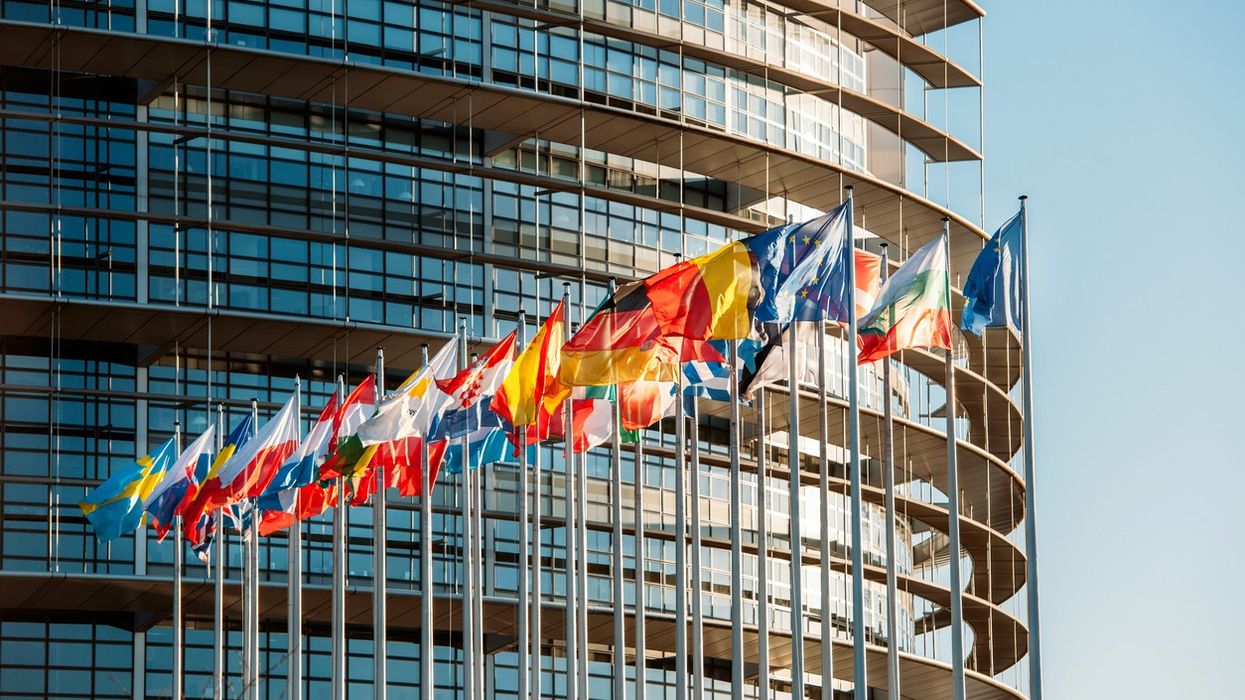AS UK-based charity Lepra marks its 100-year anniversary, it hopes to focus the world’s attention on one of the oldest and most misunderstood diseases – leprosy.
Leprosy is known as a ‘neglected tropical disease’ (NTD), but it is not just the disease that is neglected. Leprosy still impacts millions of people across the globe, with around 60 per cent of all cases occurring in India. As is often the case, it is the most vulnerable communities who bear the greatest impact of poor health.
As a bacterial infection, leprosy can cause damage to nerves, which, over time, can result in loss of sensation in affected limbs and can impair the functioning of the hands, feet and eyes, which cannot be reversed. If left untreated, it can lead to serious injuries and the development of permanent disabilities. The impact on the individual can be profound, extending beyond physical health, to socioeconomic and emotional consequences, which can be equally devastating.
Throughout its long history, Lepra has played a leading role in the development of new medications and innovative treatments, including the use of Dapsone in the 1950s – the first truly effective treatment, which is still used in the current ‘multidrug therapy’ (MDT). This treatment can entirely prevent disability if people are treated before nerve damage occurs.
MDT is provided for free by the World Health Organization and the pharmaceutical company Novartis, but despite there being an effective cure, it is thought that as many as three million people remain undiagnosed, with around 60 per cent of global cases occurring within India.
So why does leprosy still exist?
Leprosy is a highly complex disease, taking up to 20 years to incubate before symptoms develop. As such, it is a difficult disease to study outside of the human body. This, coupled with historic underfunding and under-resourcing of research and specialist services, means that the disease is often missed or misdiagnosed.
There are also many social and economic barriers that prevent people from seeking early treatment. Alongside issues of health inequalities and access, there remains significant prejudice and discrimination towards people affected, borne out of misunderstandings and misinformation.
Many people still mistakenly believe the disease is highly contagious (it needs prolonged exposure to spread) and do not realise free treatment is available. In many ways, the fear and mistreatment have become a disease in its own right, which requires a generational shift in our understanding of leprosy.
Finding the missing millions
As Lepra’s centenary year comes to a close, the organisation is launching a new strategic approach, which seeks to find the ‘missing millions’, and help support their physical, social, emotional, and financial recovery from this ancient disease.
With innovative projects such as ASPIRE, Lepra seeks to greatly increase early detection and treatment with their innovative person-centred and communityempowered approach.
Working in partnership with the affected community and local health services in the Jamui district of Bihar, Lepra’s ‘Active Case-Finding’ (ACF) approach, is helping to drastically improve detection rates.
ACF simply means that instead of waiting for people to self-report, Lepra staff and trained community volunteers go door-to-door, village-to-village, to find the hidden cases and help change people’s perception of leprosy and other NTDs such as lymphatic filariasis (LF).
The approach takes time and resources, but is highly effective, and a vitally important method to help control the spread of leprosy. It helps to reach the hidden cases – the people who would otherwise go undiagnosed.
These are people for whom the barriers to going to a clinic themselves prove too much: children, the elderly, the economically, socially, culturally and geographically marginalised - the people who need support the most. ACF reaches them and enables them to get the support they need.
In its first year, the ASPIRE project visited and screened every single village in the district, reaching 86 per cent of all households. The result was more than three times the usual number of leprosy and LF cases being diagnosed. It is an impressive and important achievement.
With your support, Lepra can change the face of leprosy and LF. You can help us raise awareness and remind people that leprosy still exists, but is entirely treatable with early intervention. Lepra is now looking to extend its ASPIRE project into more districts. Please give a donation to help Lepra find more people who would otherwise go undiagnosed, help prevent avoidable disabilities, train more doctors and community volunteers, and reach and treat the most vulnerable communities and most profoundly affected people.


















